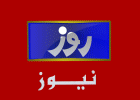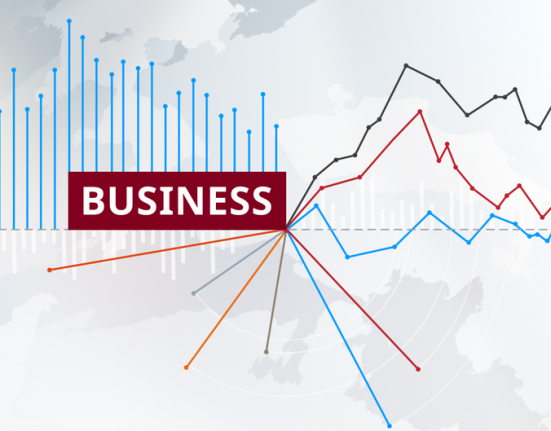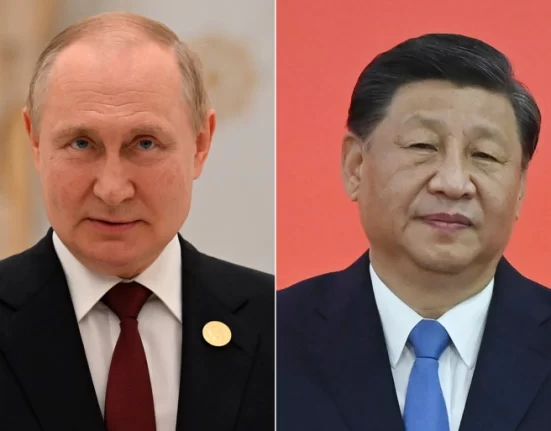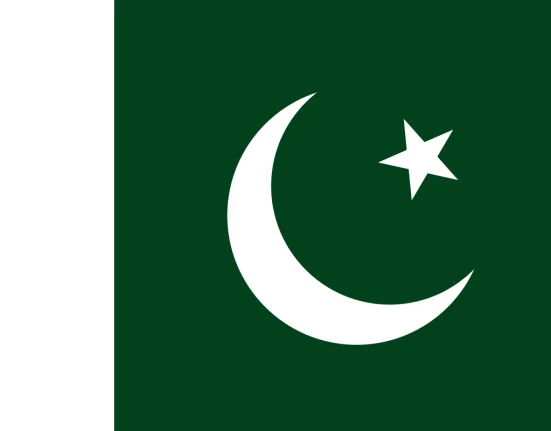The Middle East is witnessing significant increases in cryptocurrency adoption. The region has shown strong interest in digital currencies and blockchain technology, leading to substantial increases in crypto transactions.
Cryptocurrency transactions in the MENA (Middle East and North Africa) region reached a total of $566 billion in 2022, representing a notable 48% increase compared to the previous year. This indicates a growing acceptance and utilization of cryptocurrencies for various regional purposes.
Additionally, several Muslim-majority nations have emerged as leaders in global crypto adoption. Countries like Pakistan, Turkey, Indonesia, and Nigeria have positioned themselves among the top 20 nations on the cryptocurrency adoption index. This illustrates the enthusiasm and engagement of these nations for digital assets and blockchain technology, which in turn has driven the innovation of the Halal blockchain: Islamic coin ($ISLM).
Meet A Halal Cryptocurrency
Islamic Coin is a modern digital asset that follows the Shariah rules and traditions of finance. According to Arabian Business, the Haqq network was the first to use a private sales method to avoid any perception of the term “Islamic” being exploited. This approach aimed to ease concerns that it was simply using the association as a means to garner attention while transitioning interested traders into an investment opportunity unfamiliar to them.
The value of Islamic Coin is determined solely by the market, ensuring fairness in pricing. Unlike traditional fiat currencies, Islamic Coin operates independently of banks, whose primary focus is profit through interest charges. When new Islamic Coins are minted, 10% of the issued amount is allocated to Evergreen DAO non-profit virtual foundation. This allocation serves two purposes: further investment into Islamic internet projects and donations to Islamic charities.
According to Haqq Association CTO Andrey Kuznetsov, Islamic Coin goes beyond charitable contributions and will focus on the carbon footprint of crypto-related ventures. The cryptocurrency employs a proof-of-stake structure in which network participation necessitates the purchase of tokens. When compared to other consensus processes, this procedure consumes much less energy.
A Growing Market for Islamic Coin
The global Islamic finance market is predicted to exceed $3.69 trillion by 2024, driven by rising demand for Shariah-compliant services and finance. At the same time, the halal product market is expected to approach $4 trillion. According to Islamic Coin Co-Founder Mohammed AlKaff AlHashmi, the notion of Halal extends beyond food to include areas such as healthcare and cosmetics, emphasizing the importance of maintaining compliance with community ethics and values.
AlHashmi emphasizes the importance of a clean and Shariah-compliant atmosphere where individuals can pursue their initiatives without apprehension. Existing blockchains may incorporate Sharia-compliant businesses — such as gaming or interest-based activities — necessitating the construction of a distinct ecosystem for Sharia-compliant projects.
Islamic Coin has established a Sharia board composed of renowned regional specialists to assess project conformity with Islamic standards. This board comprises 40 banks, including well-known institutions like Standard Chartered, Abu Dhabi Islamic Bank, and Dubai Islamic Bank.
‘The Sharia Oracle would address concerns about centralization. When a project is submitted to the Haqq blockchain, it is evaluated by the community, then sent to the Sharia court for further review. If the project is found to be Sharia-compliant, it is given credentials showing that it has been screened and is compliant,’ AlHashmi added.
The Sharia board and the Sharia Oracle act as checkpoints to guarantee that projects adhere to Islamic standards, offering a reliable and transparent structure for compliance. Haqq blockchain is available to all initiatives and welcomes a wide spectrum of participants.
Establishing Partnerships with Shariah-Compliant Clientele
The Haqq Association has partnered with the International Islamic University of Malaysia (IIUM) to promote Islamic Coin. This initiative aims to raise awareness and understanding of blockchain and cryptocurrencies while also creating a welcoming learning environment. Haqq and IIUM will construct a blockchain academy in Malaysia as part of this project, delivering free courses on crypto and blockchain technologies. Additionally, IIUM students will be able to engage in these courses and receive credits toward their existing university programs.
Haqq and Islamic Coin have joined forces with DDCap Group. They will collaborate to create a Shariah-compliant Web3 alternative to Web2 financial products, including the worldwide financial messaging system SWIFT.
Besides that, Haqq is partnering with various retail and e-commerce platforms in order to deliver Sharia-compliant Web3 technology into traditional Web2 environments: One of their most recent collaborations is with Holiday Swap, the world’s largest house swap platform.
Catering to the Muslim World and Beyond
With approximately 1.8 billion Muslims worldwide, there is a vast and untapped market in the crypto industry. By introducing a halal cryptocurrency, the Dubai-based Haqq Blockchain aims to cater to the needs and interests of Muslim individuals and institutions who seek to participate in digital currency while remaining true to their religious beliefs.
Beyond that, certain principles of Islam — particularly, the avoidance of credit-based financial exchanges and the concentration of charity — are attractive to non-Muslims, who account for at least 50% of Islamic Coin’s private sales.
Considering the above, it is clear there the demand for Shariah-compliant financial methods and products are growing. Add to these developments the successful initial sales of the cryptocurrency and signs point to a bright future. Expect Haqq Blockchain and Islamic Coin to be the first of many Shariah-focused initiatives in the Web3 and crypto space.









